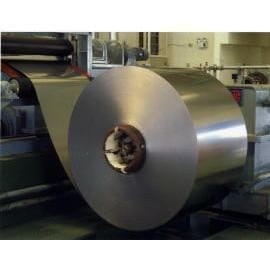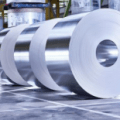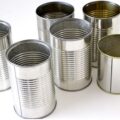The yield strength of steel is the point at which a material stops behaving elastically and begins to deform plastically. In other words, it is the maximum amount of stress that can be applied to a material without permanent deformation.
When a material is subjected to a load, it initially deforms elastically, which means that when the load is removed, the material returns to its original shape. However, if the load exceeds the elastic limit of the material, then the material deforms plastically, which means that the deformation remains even after the load is removed.
The yield strength of steel is an important property used in the design of structures and mechanical components. It can be measured by tensile tests, in which a force is gradually applied to a steel specimen and the amount of deformation produced is measured. The yield strength is defined as the maximum stress that can be applied before the specimen begins to deform plastically.
In summary, the yield strength of steel is the maximum amount of stress that can be applied to a material without permanent deformation and is an important property in the design of structures and mechanical components.














0 Comments